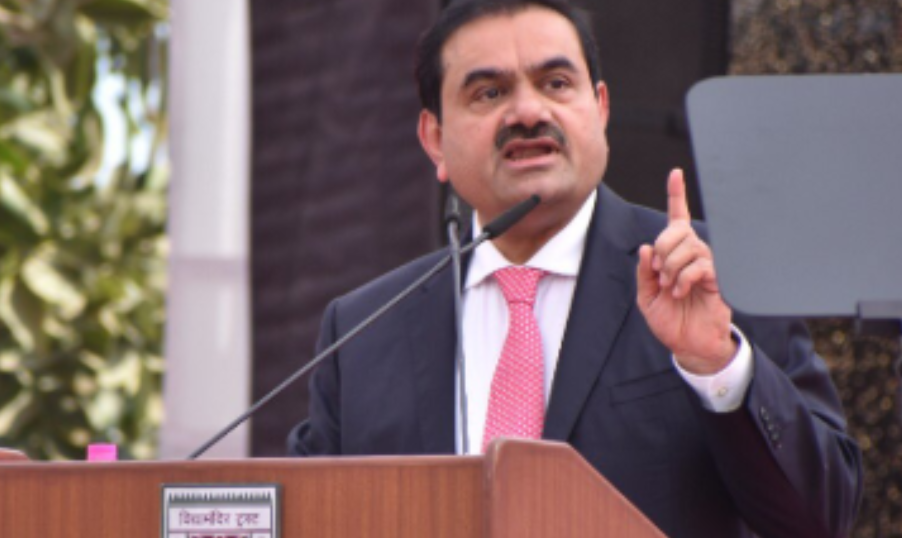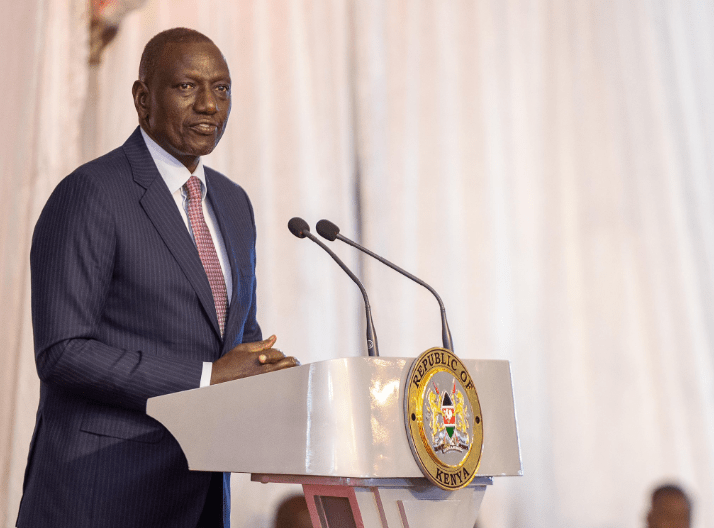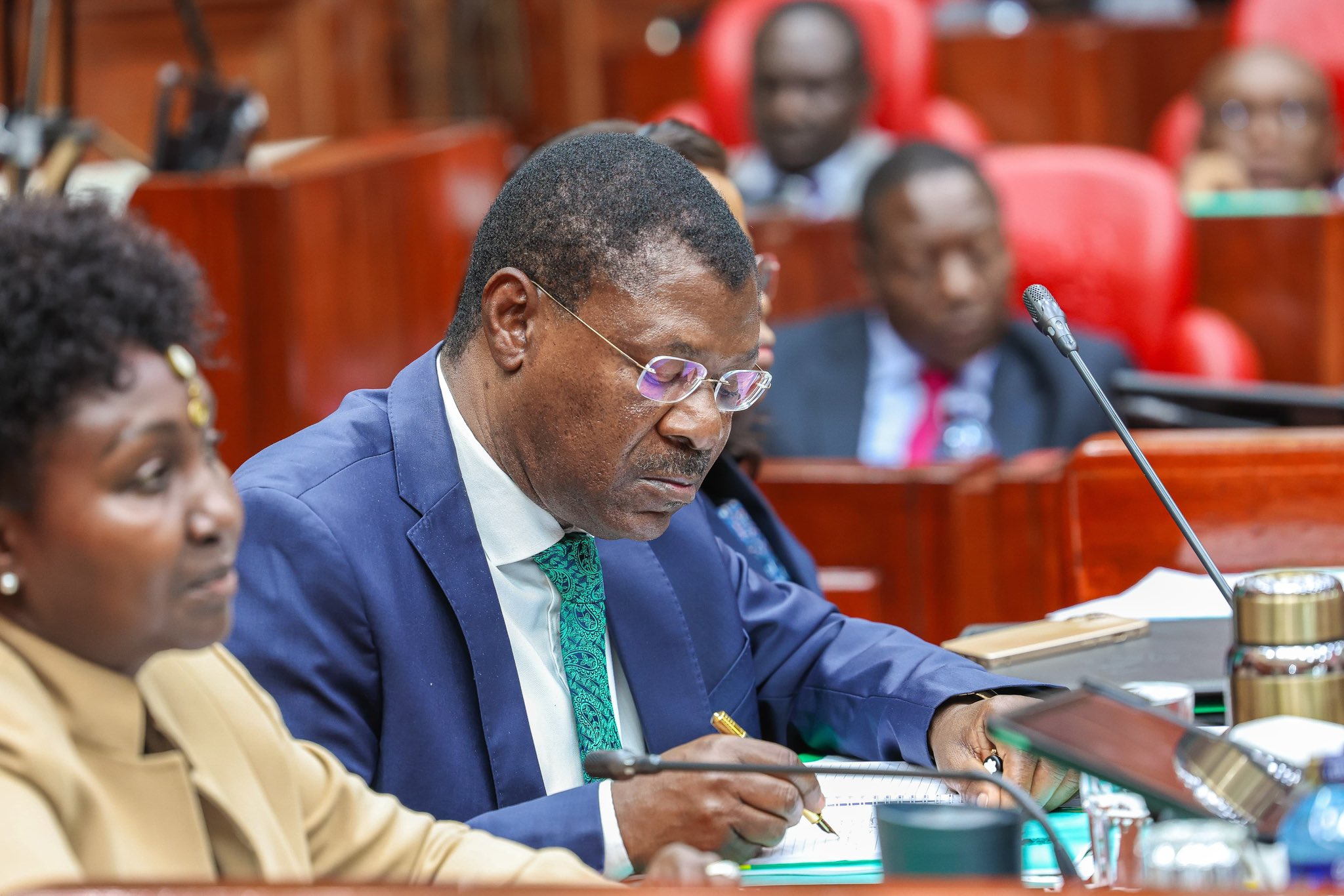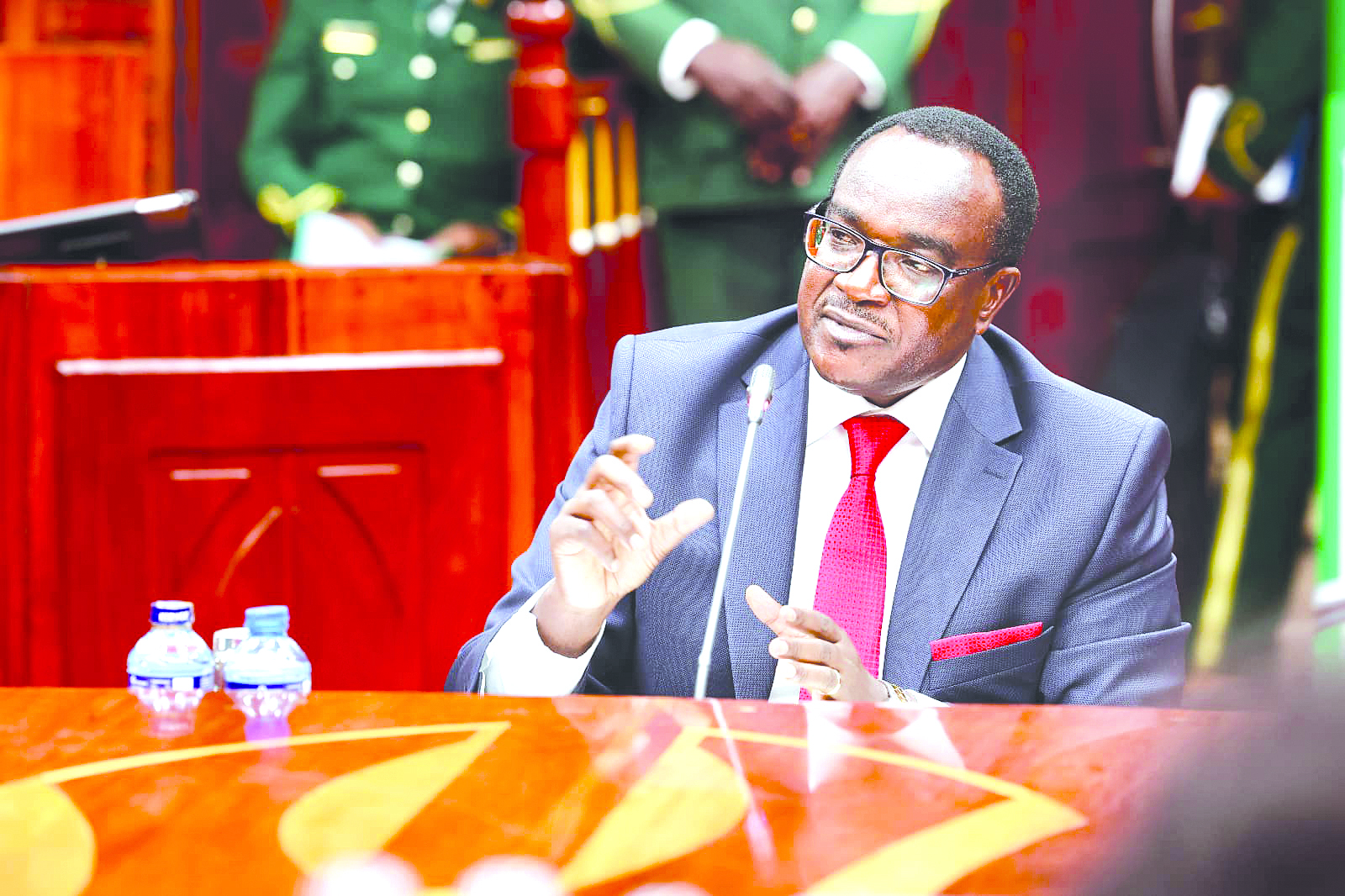Assange extradition betrays US on media freedom
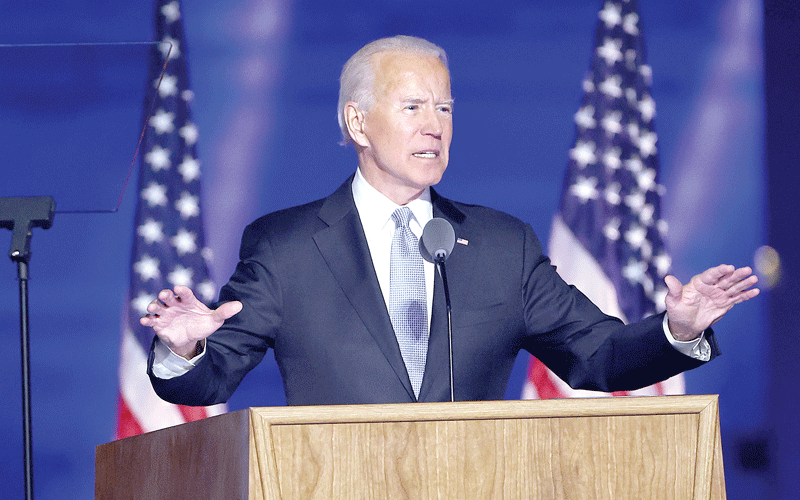
United Kingdom has finally agreed to extradite Australian journalist Julius Assange back to the US. The 50-year-old WikiLeaks founder wanted back to face charges of espionage after he released thousands of classified government documents touching on a wide range of issues in 2010, particularly on the Iraq and Afghanistan wars. Assange published damning information provided by US Army intelligence analyst Chelsea Manning. It instituted criminal investigations against WikiLeaks the year the documents were published. Manning was subsequently arrested and sentenced to prison for espionage.
Assange has been a man on the run ever since, taking refuge in the Ecuadorian Embassy in the UK. Sweden also sought his extradition on allegations of rape, but later dropped the charges on account of the long time-lapse. Observers saw Sweden’s accusations as a way of helping the US lock Assange so that he does not fall through the cracks.
Few people expected a different outcome. It would be foolhardy to expect Britain not to do the bidding of its top ally. It will be an interesting couple of weeks, the period within which Assange has been given to appeal against the verdict. Again, no one would seriously think that he can win. Of course, media lobby groups the world over are up in arms against the decision, particularly taking into account the fact that it goes against the fundamental right of media freedom espoused by the US The extradition order goes against the much touted First Amendment, which “protects freedom of speech, the press, assembly, and the right to petition the Government for a redress of grievances.”
So, what real beef does the US have against Assange to warrant such an unprecedented legal force against an individual supposed to be enjoying sacrosanct constitutional rights? These two expensive albeit needless wars have greatly exposed US’s vindictiveness. Assange is viewed as a traitor of the hallowed American system by exposing it to ridicule.
Media lobbyists discussing the issue in various online forums immediately after the news on Friday noted that the US would have intervened if the extradition saga was between two countries in the continent. The world would not have heard the end of how the country seeking a similar extradition is going against the tenets of freedom of expression as enshrined in international treaties.
Interesting because the US has acted as a haven for hundreds of dissidents from countries around the world. It has now weaponized and politicised many of the ideals that it espouses in its Constitution. Due to these contradictions, there are currently over 60 countries with no extradition agreements with the US, the bulk of them in Africa and Asia. This is a statement of indifference to the US’s hype of freedom and democracy.
Assange’s case is supposed to intimidate truth seekers with the consequences that would befall them for such exposés. Accusing the journalist of espionage is inaccurate as he received the information from a third party.
Obviously, the Boris Johnson administration feels nothing about the extradition order. It is also dishonest for the UK courts to state that Assange’s rights will not be undermined in the US. The long fight for Assange’s extradition is enough evidence of the anger within those seeking it.
When he finally lands on US soil, there is no doubt that Assange will not have it easy. His conviction will lead to a long prison term that he might spend the rest of his life in prison.
The statement by the deputy director of the International Press Institute, Scott Griffen, says it all: “If this extradition is ultimately approved, Assange’s prosecution in the US would set a dangerous precedent for media freedom and public interest journalism, especially for reporters working on national security issues who could face being criminalized for doing their job.”
— The writer comments on international affairs
